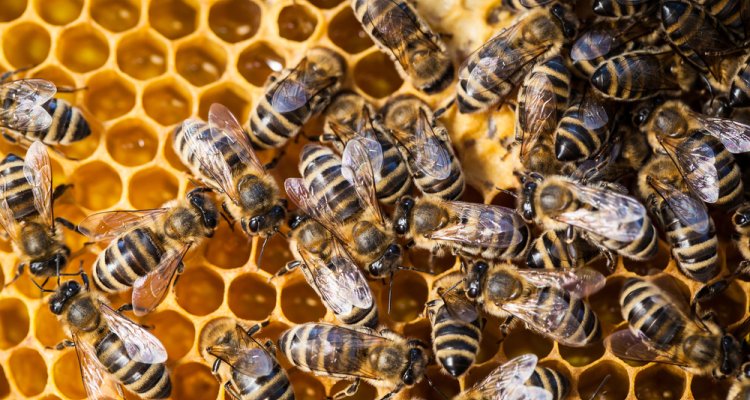
PhD defence
Stress diminishes social resilience in honeybee colonies
Summary
Eusocial insect colonies, such as ants and bees,
are thought to be highly resilient to environmental change and disturbances due
to their highly social structure. Social resilience is described as the
capacity of eusocial insect colonies to recover from stress and adapt to
changing conditions. Yet, the consequences of stress on social resilience is
not well understood. Stress response is particularly relevant in honeybee
colonies, considering the high losses of colonies in past decades, and their
importance in biodiversity and agriculture. Therefore, the aim of this study
was to improve knowledge on social resilience and stress response in eusocial
insects, and find potential ways to monitor honeybee colony status to prevent
future losses. Our findings suggest that chronic stress may impair coping
mechanisms of colonies, especially thermoregulation ability and compromise
social resilience. This can leave colonies critically vulnerable in
winter/early spring, a time of harsh conditions and low resource availability,
affecting growth, reproductive success and survival. Fluctuations in colony
cluster temperature can be used as an effective measure of social resilience,
and colony status, and may be implemented for future loss prevention. Overall,
considering the vital role of temperature regulation in eusocial insects, these
results can have implications on social resilience across species.